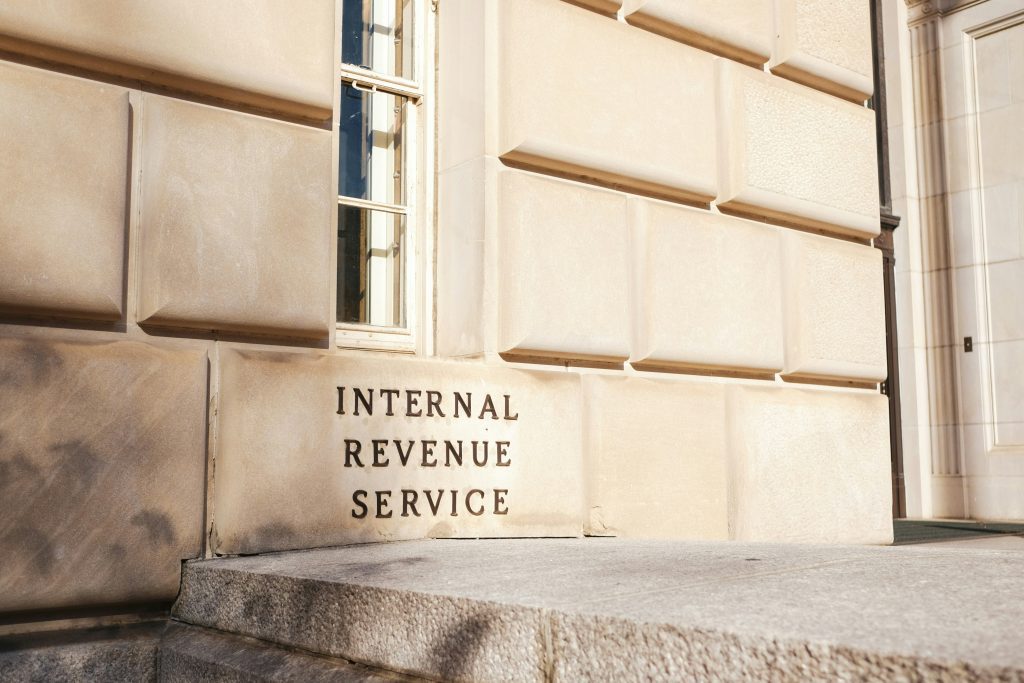What Tax and Immigration Changes Mean for Travel and Mobility
Like many extended stay business travelers, you may find yourself staying in a serviced apartment, such as those offered by Synergy Global Housing. You’ll have everything you need for a long-term stay: furnishings, a full kitchen, housewares, linens, 24/7 guest service and more. However, there’s always room to make your business travels even more efficient, comfortable and productive.
We’ve rounded up numerous resources that digital nomads love, divided into categories, that business travelers like you can benefit from as well. Take advantage of them on your next trip.
As global tax scrutiny tightens and digital platforms enable cross-border enforcement, mobility professionals find themselves navigating a maze of changing compliance expectations. The recent 2025 Global Tax Policy and Administration Symposium—hosted in Washington, D.C. by the OECD, IMF, World Bank and CIAT—brought together regulators and tax authorities to signal where policies are headed and what multinational businesses and their travelers should prepare for.
One key takeaway? Global tax authorities are aligning more closely than ever before. The focus is squarely on transparency, with governments pushing for real-time reporting, automated data exchange and stricter enforcement of existing regulations. As corporate housing and business travel intersect with increasingly complex tax rules, professionals in mobility, relocation and finance will need to stay sharp.
An Evolving IRS: U.S. Tax Enforcement and Global Implications

The Internal Revenue Service had been undergoing a period of modernization and transformation bolstered by funding from the Inflation Reduction Act (IRA). However, recently the IRS has faced challenges that may affect its ability to fully utilize the allocated funds and achieve its goals. Notably, there have been workforce reductions and a subsequent freezing of some IRA funding for enforcement activities. These reductions have led to concerns about the IRS's capacity to handle increased workloads and effectively implement its modernization plans. In February 2025, the IRS terminated over 7,000 probationary employees as part of broader government efficiency efforts, though they were later reinstated on paid administrative leave following a court ruling. This reduction in force, combined with frozen funds, has raised questions about the IRS's capacity to deliver on its mission, particularly regarding taxpayer services and enforcement.
Furthermore, the upcoming expiration of certain provisions from the Tax Cuts and Jobs Act (TCJA) in 2025 could add to the IRS's workload and necessitate adjustments in its operations and priorities. Taxpayer advocates and other observers express concerns that ongoing staff and budget cuts, coupled with potential tax law changes, could hinder the IRS's ability to effectively manage the 2026 filing season.
For globally mobile employees, this means more IRS scrutiny over foreign income exclusions, days spent abroad and tax residency determinations—especially as the U.S. expands its digital capabilities to flag inconsistencies in filings or benefits claimed by overseas workers.
Cross-Border Coordination and Corporate Travel Data
Beyond the U.S., the OECD and EU are advancing frameworks to monitor employee movement, digital platform income and corporate traveler footprints. The OECD’s Common Reporting Standard (CRS) has evolved into an expansive tool for governments to exchange taxpayer data in near real-time. Countries including Germany, the UK and Canada now routinely match airline bookings, work permit records and housing data to tax declarations.
Digital platforms are a central piece of the puzzle. Airbnb, Uber and other gig-based services are already required to report host and driver income in multiple jurisdictions. Regulators are increasingly scrutinizing long-stay accommodations, particularly where housing is provided for 30+ days in high-tax regions.
In Europe, this shift is exemplified by the EU’s expansion of DAC7—its directive on administrative cooperation in taxation—which requires platforms facilitating accommodation or travel services to report user income across borders. The EU Commission has issued guidance that any business facilitating digital bookings, even indirectly, may fall under this rule.
Implications for Immigration and Duty of Care

Tax compliance is now closely intertwined with immigration oversight. Countries like Australia, Canada and the UAE have announced updated immigration rules to tighten scrutiny on short-term business travelers and cross-border workers. In some cases, immigration authorities are coordinating with tax bodies to cross-reference biometric entries and visa use with reported employment activity.
In the U.S., legal experts are advising employers to build longer lead times into visa applications and to maintain consistent documentation on where globally mobile employees are staying, working and receiving compensation. Biometric requirements in the EU, especially with the upcoming Entry/Exit System (EES), are expected to further limit the ability to "fly under the radar."
VAT Recovery and Regional Tax Hotspots
For companies managing extended travel in the EU, reclaiming VAT on accommodation and services remains a valuable—if increasingly complex—opportunity. With varying rules by country, professionals need to track:
- VAT thresholds and registration triggers
- Eligible vs. non-recoverable expense categories
- Reclaim filing timelines (often within 6–12 months)
Germany, France and Italy are particularly stringent. Failing to reclaim VAT properly could result in double taxation or audits. Resources such as Taxually’s guide to EU VAT refunds offer practical advice on regional rules and digital portals.
China and Asia-Pacific: Growing Enforcement in Emerging Economies
China’s State Taxation Administration is expanding its scrutiny on foreign-sourced income and hybrid employment arrangements. While corporate housing isn’t yet a primary enforcement focus, that may change as China’s new digital tax systems begin mirroring those of the OECD. Additionally, countries like Singapore and India are strengthening digital service tax rules that may apply to cross-border employee services, especially in tech and finance industries.
For multinational employers, regional differences in enforcement present a challenge—but also an opportunity to proactively align housing, payroll and travel teams with tax compliance workflows.
Tariffs, Trade Policy and Their Impact on Mobility

Insights from the recent FEM New York City Chapter Meeting added a valuable dimension to the compliance discussion. Speakers from KPMG, including John Seery and Rohini Ramaswami, highlighted the growing importance of tariffs and trade policy in shaping global mobility.
A renewed “America First” trade strategy under the Trump administration is driving significant tariff hikes—some reaching up to 50%—particularly affecting trade with China, Mexico and Canada. The use of emergency powers to fast-track these tariffs is now under legal scrutiny, with potential court decisions that may retroactively alter or refund existing tariffs.
These developments are prompting many companies to reconsider their global mobility strategies. Countries like Mexico and India are becoming attractive relocation destinations due to tariff carve-outs and lower operating costs compared to China.
Operationally, rising shipping expenses, "on-water" exemptions and retaliatory tariffs are complicating budgets and making cost forecasting more volatile. These dynamics require more agile planning across global mobility programs.
Tax implications are also central. The proposed “One Big, Beautiful Bill” aims to make key elements of the Tax Cuts and Jobs Act permanent—but notably, it does not reinstate the moving expense deduction or the exclusion for reimbursement, which continues to impact mobility budgets.
As one speaker put it, “Tariffs are a blunt instrument—and while they may advance political agendas, they come with complex, often unintended, consequences for global mobility and business operations.”
What It Means for Mobility and Corporate Housing Providers

Mobility professionals and corporate housing firms must prepare for heightened compliance expectations. This includes:
- Tracking where employees are staying (and for how long)
- Ensuring tax implications of long-stay housing are assessed and disclosed
- Collaborating with payroll and finance teams to understand benefits reporting obligations
- Maintaining detailed records in case of audit or inquiry
More companies are turning to housing partners who can provide automated reporting, flexible lease terms under 90 days and location-specific compliance insights.
Final Thoughts: Preparing for 2025 and Beyond
With global enforcement increasing, 2025 will be a pivotal year for cross-border compliance. Businesses that rely on relocation, project-based travel and distributed workforces should review their processes now. This means vetting vendors, auditing internal travel data and strengthening coordination between HR, finance and mobility.
For mobility leaders, the path forward involves not just staying current on laws—but building agile systems that can flex with each new regulation.
Disclaimer:
This article is intended for informational purposes only and is based on publicly available research at the time of writing. Synergy Global Housing is not a legal, tax, or immigration advisor. The topics discussed here reflect general industry trends and do not constitute professional advice. Readers should consult with qualified tax, legal, or immigration professionals before making decisions based on this content.





























